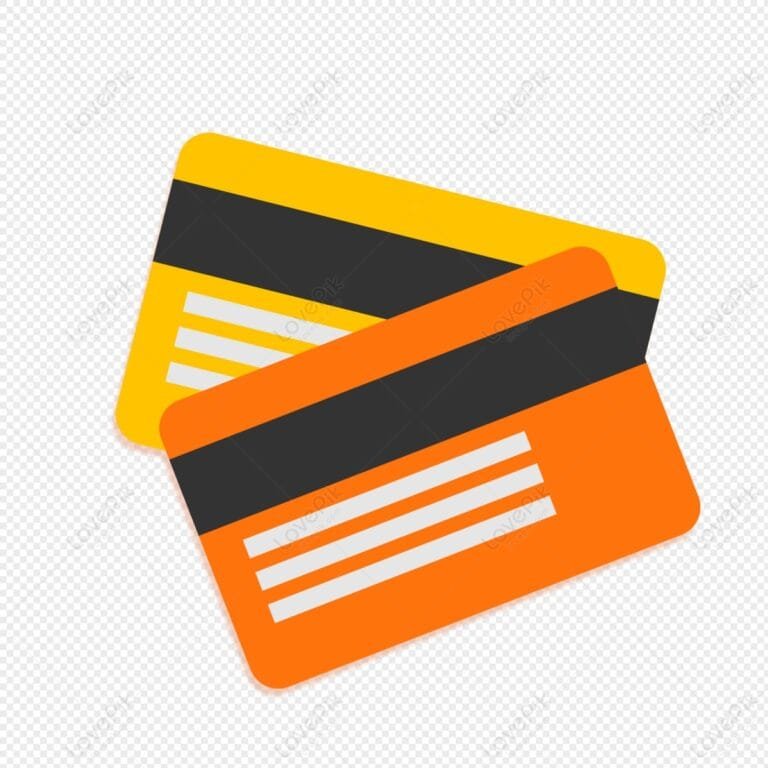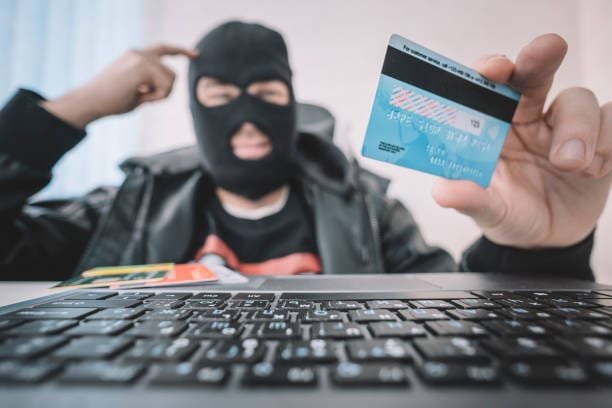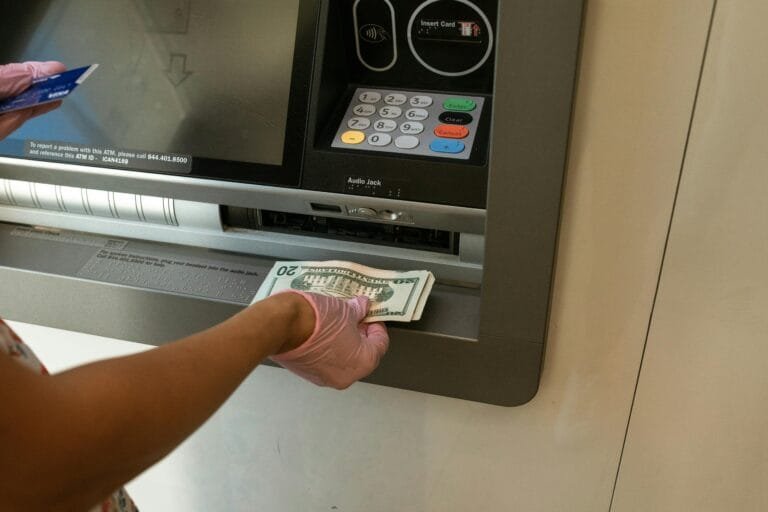How do cards get cloned?
How Do Cards Get Cloned?
Card cloning, or card skimming, is a form of credit card fraud where the information from a legitimate credit card is illegally copied to create a counterfeit card. how do cards get cloned
Here’s how the process typically works:
- Skimming Devices: Criminals use small, often undetectable devices known as skimmers to capture card information. These devices can be attached to ATMs, gas pumps, or even in-store point-of-sale (POS) terminals. When you swipe your card through the compromised machine,
- the skimmer reads and records your card’s data from the magnetic stripe.
- Hidden Cameras: In addition to skimmers, criminals might install tiny cameras to record you entering your PIN. This combination of data (card information and PIN) is crucial for cloning cards, especially for ATM withdrawals.
- Data Encoding: Once the information is captured, it’s encoded onto a blank card. This process can be done using a card writer or encoder, which transfers the stolen data onto the magnetic stripe of another card.
- Shimming: A newer technique involves using “shimmers,” which are even thinner devices placed inside card readers to capture data from chip-enabled cards, which were designed to combat traditional skimming.
- Sale of Cloned Cards: After cloning, these cards might be sold on dark web markets or through various online platforms with promises of anonymity and guaranteed delivery, although these transactions are inherently risky and illegal.
Regarding the purchase of cloned cards at “clonecard.net”, it’s important to address this with caution:
- Legality: Selling, buying, or using cloned cards is illegal. Websites promoting the sale of cloned cards are engaging in criminal activity. These sites often promise anonymity, high balances, and quick delivery,
- but they are scams or traps set up by law enforcement to catch criminals.
- Security Risks: Engaging with such sites can expose you to significant risks, including malware infection, identity theft, or financial loss. The websites are not legitimate businesses; they are fronts for fraud, and any interaction with them could lead to legal consequences.
- Consumer Protection: There is no consumer protection when dealing with illegal markets. The so-called guarantees or refunds mentioned on these sites are meaningless, and you have no recourse if you do not receive what you paid for or if you encounter issues with the law.
- Detection: Modern banking systems and merchants have become adept at detecting cloned cards. If you attempt to use a cloned card, you’re likely to face immediate transaction declines or worse, legal action.







